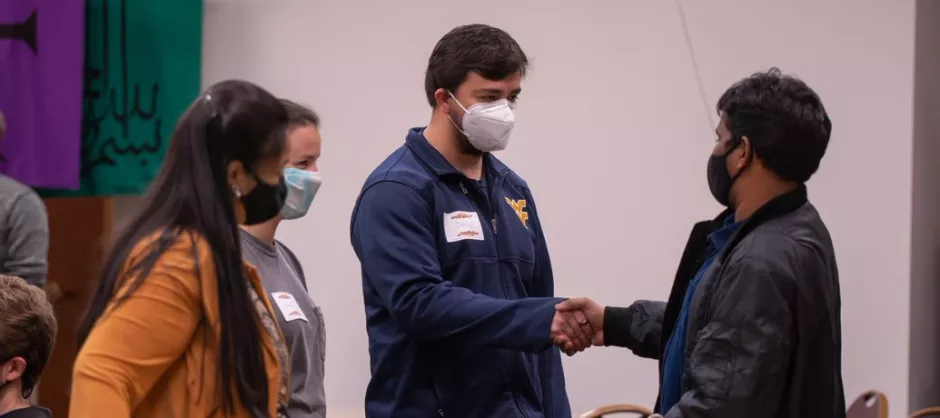
5 Tips for Leading an International Small Group
Thank you for leading an international small group! We are so grateful you are stepping into this space of leadership. Here are some suggestions for how to lead the international students in your group.
The 5 Tips
1. Speak at a slower pace
Most internationals do not speak English as their first language. Speaking at a slower pace will significantly increase understanding.
2. Let Scripture Lead
Our role is to guide the Bible study discussions. Leaders should be moderators, not preachers or encyclopedias. Some students are accustomed to learning in lectures. Because they expect the teacher to be the expert, it is helpful to encourage discussion and affirm everyone’s contributions.
In some cultures, the wishes of the oldest members are followed. If you or any participants come from such a culture, people may feel uneasy if the discussion leader is not the oldest person in the group. Reassure the group (and yourself) that the Bible text (which is older than everyone in the room) is the teacher, and you are just helping the discussion.
3. Patiently Draw Out Quieter Participants
Participants may fear answering discussion questions because they don’t want to be wrong (and lose face). If someone is staying quiet, they may be waiting for you to ask them. But don’t force them to answer. Asking something like “what’s your answer to this question?” can be stressful; they may feel compelled to answer. Instead, after at least one other person has shared their answer to a question, you can ask the more quiet person, “do you have anything you want to add?” This gives them a way out as they can say “no” or shake their heads.
4. End On-Time
Some cultures are time-conscious, so we encourage you to end each Bible study on time. If you are not done with the study when your time ends, let people know you’ve reached the time limit. If the group wants to continue a little longer, allow participants to leave before continuing. You may want to apologize for going long so participants don’t feel bad leaving when the time expires.
5. Relate Outside of Group Time
Most internationals in the U.S. come from relatively more communal cultures. For each group member, try to have a face-to-face interaction after you meet, send a text, or call them. Arrange a group gathering if possible.
